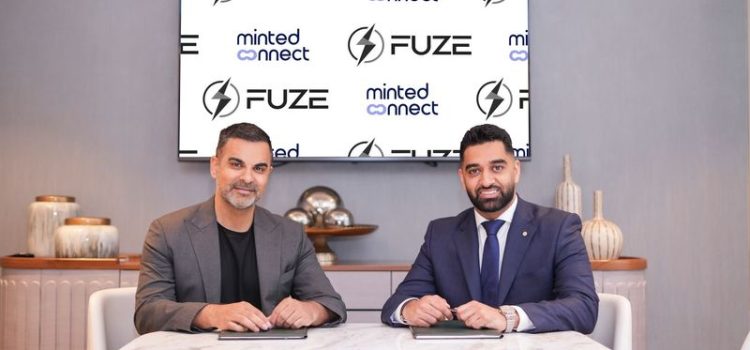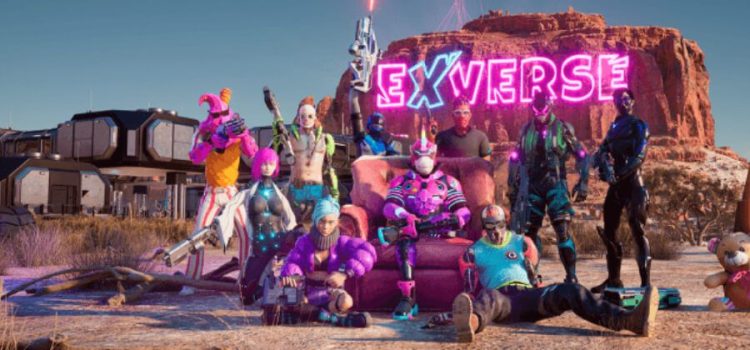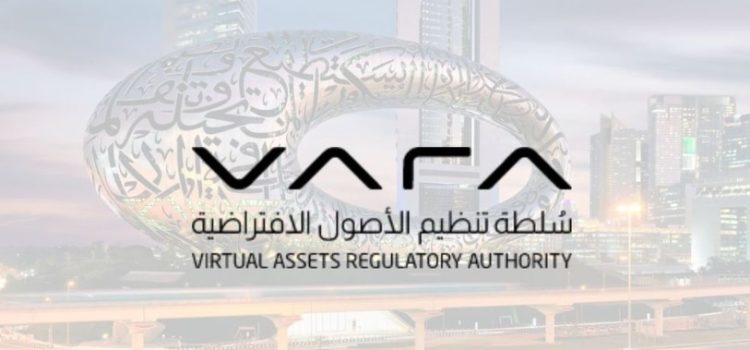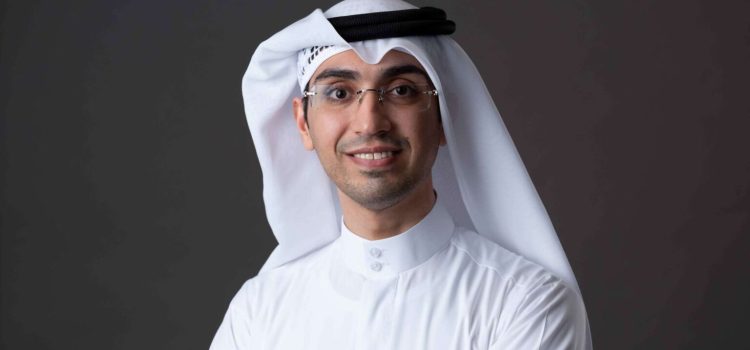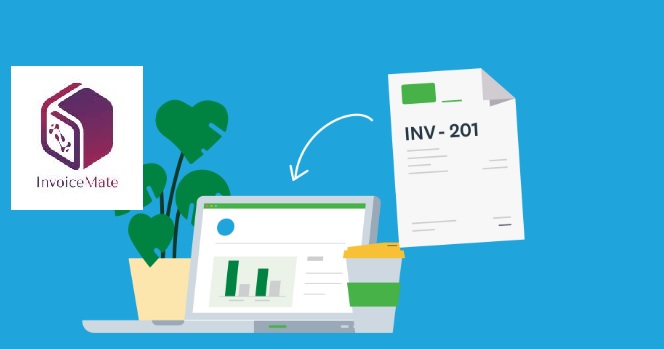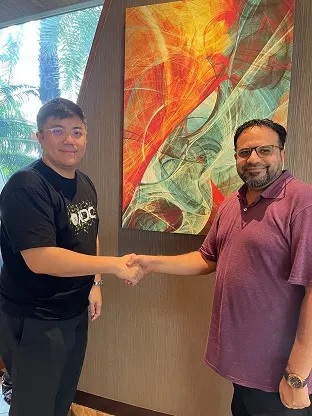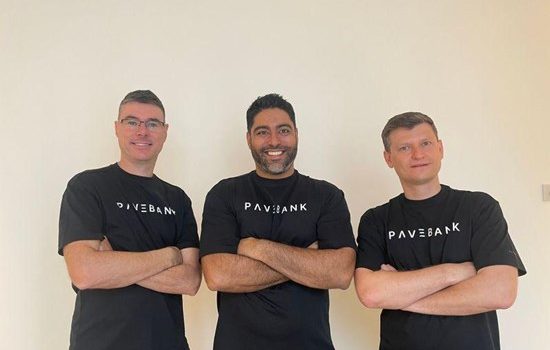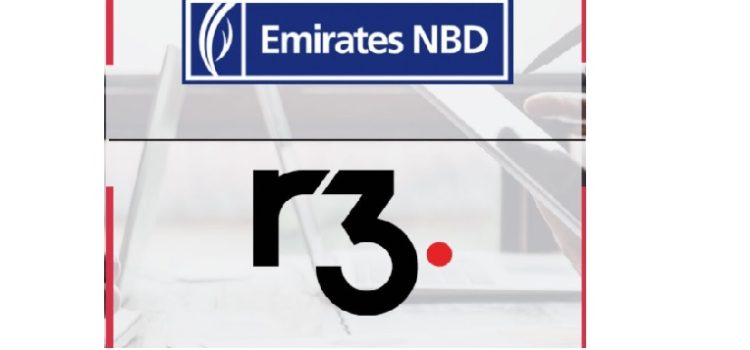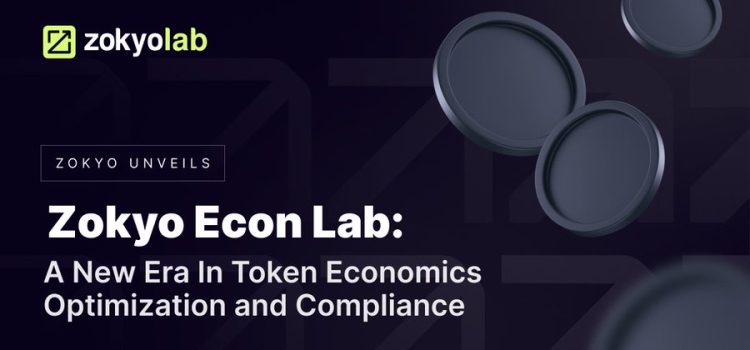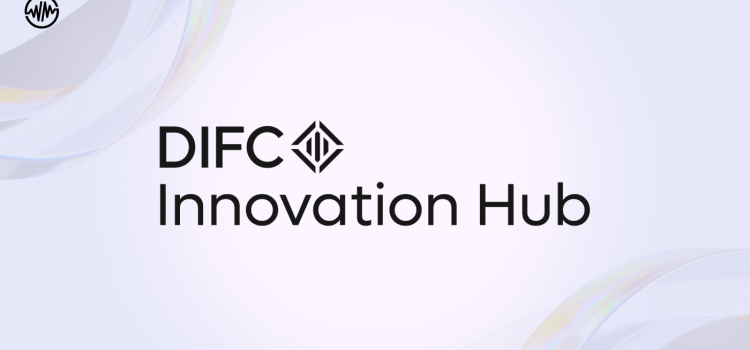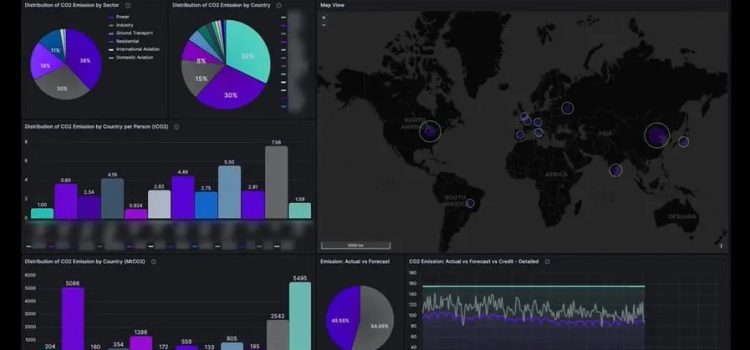
In a recent press release, UAE based Fuze, digital assets infrastructure provider, has partnered with UK based Minted Connect; an FCA licensed and regulated API services platform to tokenize precious metals such as gold. Both entities will explore the tokenization of Real World Assets (RWA).
Minted Connect offers a cutting-edge API service that empowers businesses to seamlessly offer their customers access to buying, selling, transferring, and tokenizing 100% asset-backed precious metals.
Fuze is a VC-backed startup specializing in digital asset infrastructure, providing businesses in the MENA region with embedded experiences for their customers, facilitating access to innovative crypto and digital asset products through a regulatory-compliant infrastructure.
Fuze has already established partnerships with leading global and regional banks, fintech firms, financial institutions, and super apps.
The Middle East currently holds a substantial portion of the world’s above-ground gold reserves, with a staggering 1,174 tonnes securely held within the region. This represents not just wealth, but also a historical testament to the region’s deep-rooted affinity for precious metals.
Minted Connect and Fuze want to digitize of 1% of this gold, opening up unprecedented opportunities for individuals to easily save and invest in precious metals, making it accessible to all in a fractionized and digitized form.
Together, Minted Connect and Fuze are poised to transform the tokenization of Real World Assets, leveraging Minted Connect’s expertise in asset-backed precious metals and Fuze’s robust digital asset infrastructure.
This strategic partnership represents a pivotal moment for enabling businesses to tap into the value of real world assets through tokenization, providing new avenues for investment and financial inclusion.
“We’re thrilled to partner with Fuze,” said Shahid Munir, Co-Founder of Minted Connect. “This collaboration truly showcases our commitment to providing innovative and secure solutions for businesses seeking to offer asset-backed precious metals transactions to their customers. The path forward in this collaboration will be exciting for both entities, and will deliver a tangible impact on the industry.”
Commenting on the partnership, Mohammed Ali Yusuf (Mo Ali Yusuf), Co-Founder and CEO of Fuze said; “We are excited to sign this agreement with Minted Connect, who have already made significant innovations in the way people can trade precious metals. Integration with digital assets infrastructure is a game changer for businesses who want to roll out asset-backed, tokenized products to their customers in a secure and compliant manner.”
Others including Aurus believe that Precious metal owners can generate earnings on their gold and make it work for them just by holding it in tokenized form. UAE based Aurus Technologies, offered family offices the opportunity to tokenize real world assets through its sustainable tokenization as a service solution (TAAS) platform.
In 2022 UAE became the home for gold-backed token providers.








